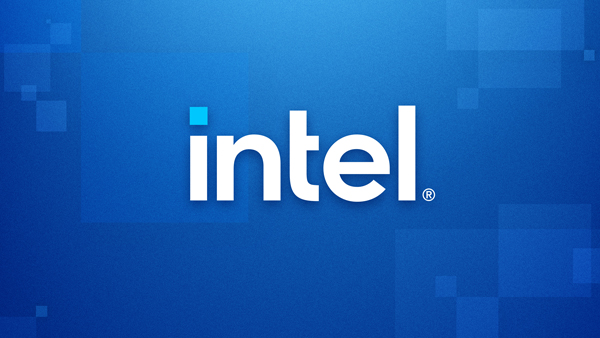Intel Awarded up to $3B by the Biden-Harris Administration for Secure Enclave

Secure Enclave award builds on Intel’s programmatic engagement across strategic U.S. government defense programs, including SHIP and RAMP-C.
SANTA CLARA, Calif., September 16, 2024 – The Biden-Harris Administration announced today that Intel Corporation has been awarded up to $3 billion in direct funding under the CHIPS and Science Act for the Secure Enclave program. The program is designed to expand the trusted manufacturing of leading-edge semiconductors for the U.S. government.
The Secure Enclave program builds on previous projects between Intel and the Department of Defense (DoD) such as Rapid Assured Microelectronics Prototypes - Commercial (RAMP-C) and State-of-the-Art Heterogeneous Integration Prototype (SHIP). As the only American company that both designs and manufactures leading-edge logic chips, Intel will help secure the domestic chip supply chain and collaborate with the DoD to help enhance the resilience of U.S. technological systems by advancing secure, cutting-edge solutions.
The Secure Enclave award is separate from the proposed funding agreement that Intel reached with the Biden-Harris Administration in March of this year to support the construction and modernization of semiconductor commercial fabrication facilities under the CHIPS and Science Act.
“Intel is proud of our ongoing collaboration with the U.S. Department of Defense to help strengthen America’s defense and national security systems,” said Chris George, president and general manager of Intel Federal. “Today’s announcement highlights our joint commitment with the U.S. government to fortify the domestic semiconductor supply chain and to ensure the United States maintains its leadership in advanced manufacturing, microelectronics systems, and process technology.”
Today’s announcement reflects the continued progress of Intel Foundry, which brings together all the components customers need to design and manufacture chips at the leading edge. Intel Foundry is nearing completion of a historic pace of design and process technology innovation with its most advanced technology – Intel 18A – on track for production in 2025. The company, which develops and produces many of the world’s most advanced chips and semiconductor packaging technologies, is advancing critical semiconductor manufacturing and research and development projects at its sites in Arizona, New Mexico, Ohio and Oregon.
Intel has a long-standing history of working closely with the Department of Defense. In 2020, Intel was awarded the second phase of the SHIP program, allowing the U.S. government to access Intel’s advanced semiconductor packaging capabilities in Arizona and Oregon and leverage Intel’s substantial annual R&D and manufacturing investments. In 2023, Intel successfully delivered the first multi-chip package prototypes under the SHIP program, a major achievement in ensuring access to cutting-edge microelectronics packaging and paving the way for modernization for the DoD.
In 2021, Intel was awarded an agreement to provide commercial foundry services for multiple phases of the DoD’s RAMP-C program, which aims to leverage U.S.-based commercial semiconductor foundries to produce custom and integrated circuits for critical DoD systems. Since then, Intel has successfully onboarded several defense industrial base (DIB) customers, including Boeing, Northrop Grumman, Microsoft, IBM, Nvidia and others, and has made progress in developing early DIB product prototypes. This progress showcases the readiness of Intel’s 18A process technology, intellectual property and ecosystem solutions for high-volume manufacturing.
Forward-Looking Statements
This release contains forward-looking statements, including with respect to Intel’s foundry expectations, role in the U.S. domestic chip supply chain, collaboration with the DoD and expectations as to the readiness and commercial production of its Intel 18A process technology, that involve many risks and uncertainties that could cause our actual results to differ materially from those expressed or implied, including those associated with: the high level of competition and rapid technological change in our industry; the significant long-term and inherently risky investments we are making in R&D and manufacturing facilities that may not realize a favorable return; the complexities and uncertainties in developing and implementing new semiconductor products and manufacturing process technologies; our ability to time and scale our capital investments appropriately and successfully secure favorable alternative financing arrangements and government grants; and other risks and uncertainties described in our 2023 Form 10-K and other filings with the SEC. All information in this release reflects management's expectations as of the date of this release, unless an earlier date is specified. We do not undertake, and expressly disclaim any duty, to update such statements, whether as a result of new information, new developments, or otherwise, except to the extent that disclosure may be required by law.
